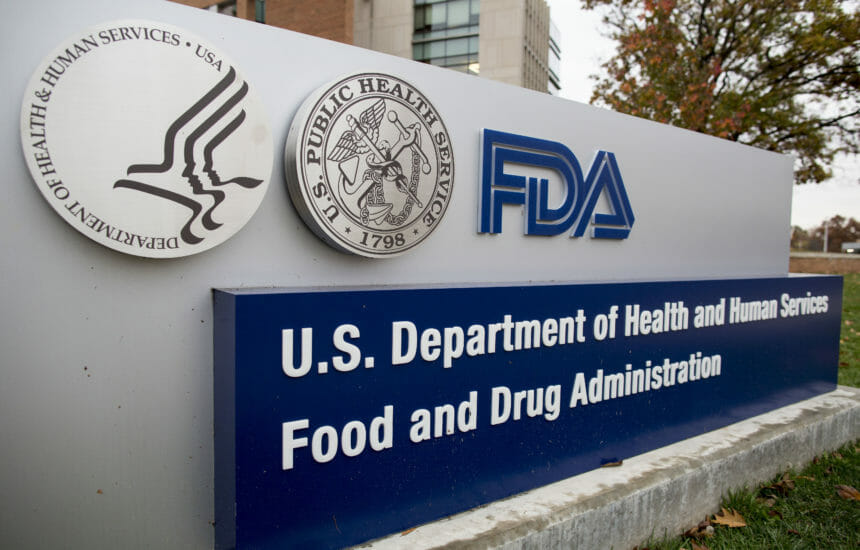The Food and Drug Administration’s Center for Drug Evaluation and Research (CDER) approved 37 novel drugs in 2022, the agency said in a report released Tuesday afternoon.
More than half of the approved novel drugs were for patients with rare diseases, CDER said, highlighting new treatment options for acid sphingomyelinase deficiency, generalized pustular psoriasis and obstructive hypertrophic cardiomyopathy, among others.
The agency stated that it met or exceeded its prescription drug user fee goal for 97% of approved novel drugs and issued novel approvals 76% of the time on the first cycle.
Additionally, 68% of novel approvals occurred in the U.S. before being approved in other countries, while 65% used one or more expedited programs for serious conditions. CDER also approved the 40th biosimilar in 2022 as well as two interchangeable biosimilars.
Patrizia Cavazzoni, M.D., director of CDER, wrote in a blog post accompanying the report that the number of novel approvals in 2022 mirrored those seen in years past, indicating that “innovation remains strong in the drug development sector.”
“The decision to approve a therapy involves a multidisciplinary team of experts from across CDER who carefully review drug applications and make benefit-risk calculations. I am grateful to my CDER colleagues for their expertise, dedication, and collaboration in the drug review process,” Cavazzoni wrote. “The drugs we approved in 2022 will improve the lives of patients and consumers, and I am looking forward to another productive year in 2023.”
While the approval of more than three dozen novel drugs spells promise for patients and providers in the face of complicated disease, the prices of these drugs remains a significant concern.
The median annual price of the novel drugs approved by the FDA in 2022 was $222,003, according to a recent Reuters analysis, well above the median annual price of $180,000 for the novel drugs marketed through mid-2021.
Some hope that the recently-passed Inflation Reduction Act will give the Department of Health and Human Services the ability to negotiate lower drug prices on behalf of patients.
Still, HHS can only negotiate prices for drugs that have been on the market for years without generics or competition, so there is speculation about what pharma companies will do as it relates to setting launch prices on new drugs.








